21st Dec 2023
“We are looking for drinkability,” says Damien Barton. “In the past, people were hunting for big points but forgetting that you’re supposed to be drinking these wines. At dinner, we want to be the first bottle that’s empty, not the wow wine.”
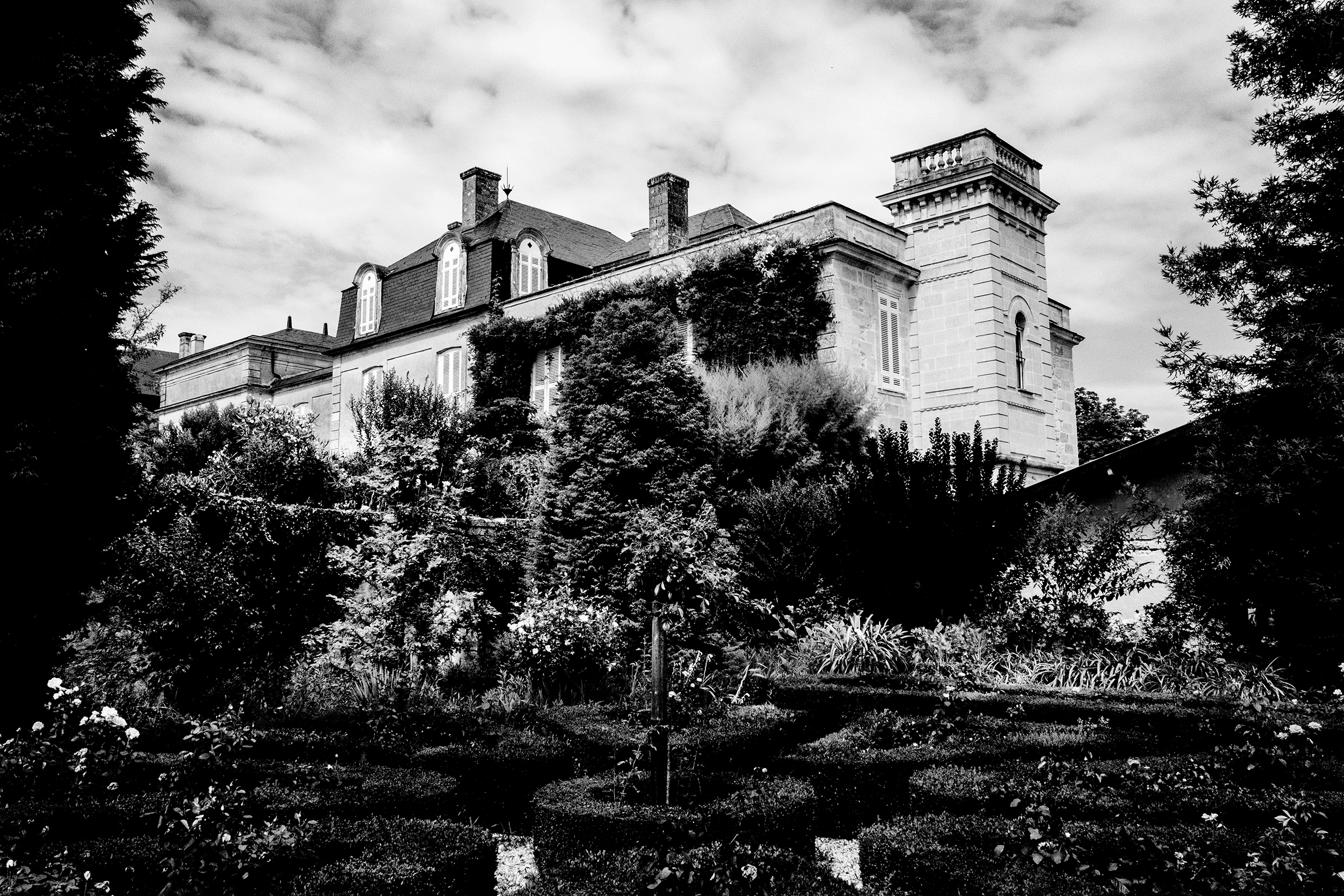
Drinkability
Drinkability—an essential yet less discussed factor in our vinous decisions—is a great way to sum up the style of Léoville Barton. We talk a lot about richness, power, and scores, yet continually reach for the bottles that best quench our thirsts. Meanwhile, marketers have seized drinkability to describe simple wines designed for early consumption. Consequently, to call a high-quality wine with long-term aging potential thus can have the damning-with-faint-praise effect. It shouldn’t.
Damien’s mother, Lilian Barton Sartorius, the 9th Generation of Bartons in charge of Léoville Barton, agrees. “We are looking for drinkability. The first thing we want is balance. Equilibrium. There was a famous stage when people wanted to leave their fruit on the vine longer."
"A journalist once said to my father (Anthony Barton), ‘Your neighbors want to know why you’re picking so early.’ He said, ‘You should ask them why they are picking so late.’"
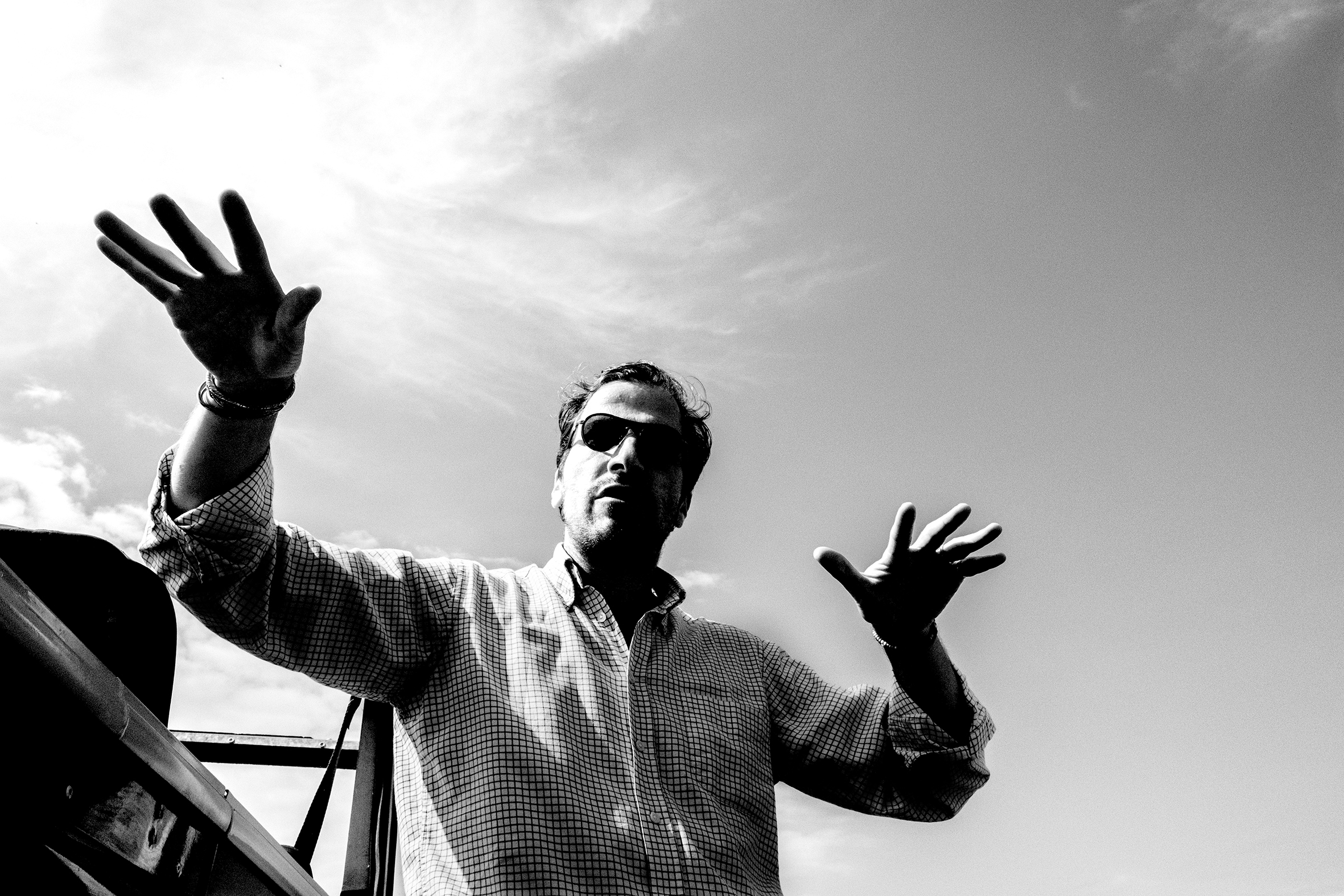
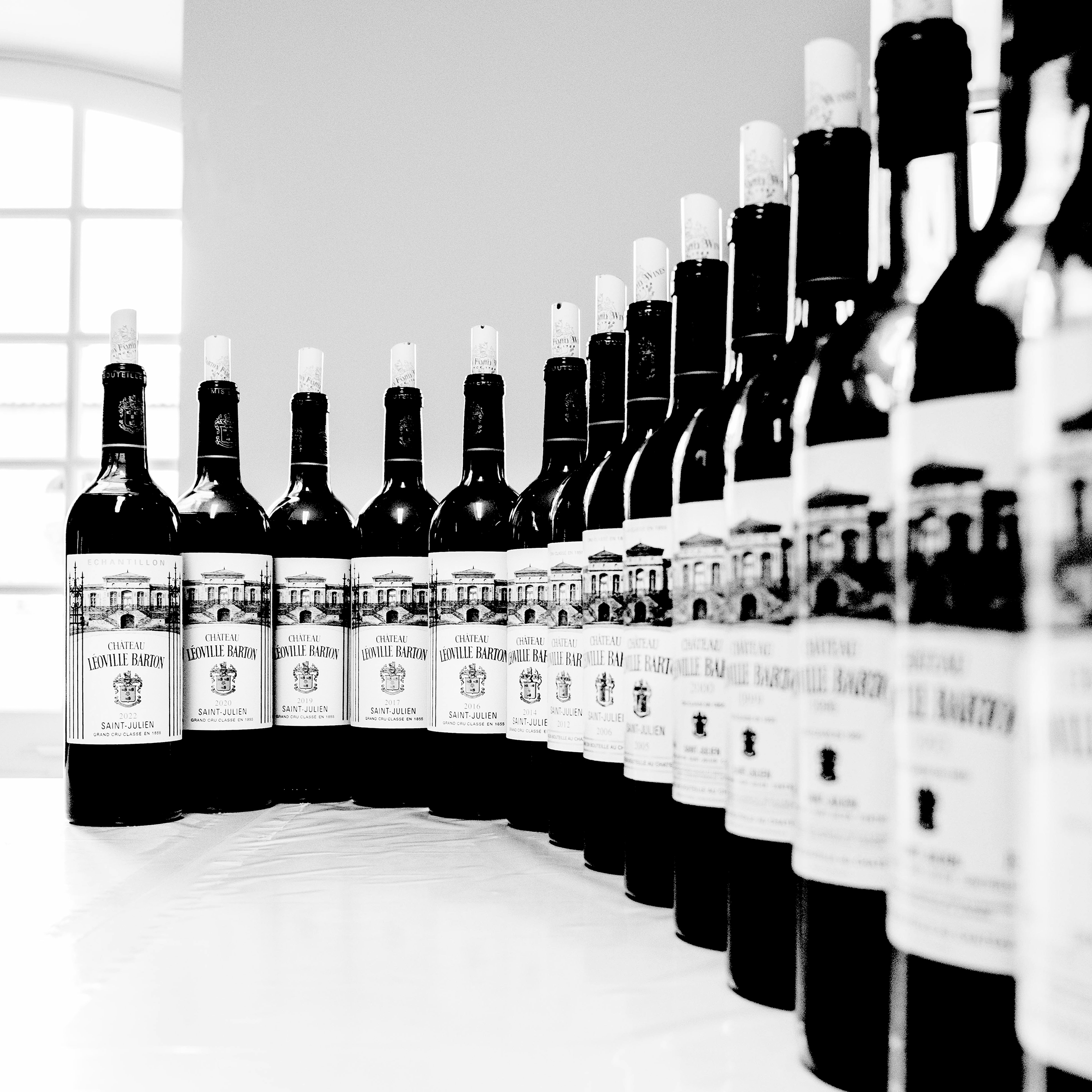
In June 2023, Damien and Lilian presented a vertical tasting of vintages going back to 1972. Even lighter vintages, such as 1993 and 1999, have withstood the test of time well, demonstrating that elegance can have impressive stamina.
After the tasting, Damien takes me for a tour of the parcels of Léoville Barton in his beat-up 1970s Land Rover, contributing to that feeling of timelessness about this place.
“The vineyards of Leoville and Langoa have not changed much since the 1855 Classification,” he says. “A small parcel was sold by Anthony, and there were a few plot exchanges, but it’s mainly the same.”
Just as I’m thinking this is the land time forgot, we come across a vineyard worker using a pair of machetes to trim the canopy.
“Ah,” says Damien, hopping out of the Land Rover. “This is a new method we’ve developed to prevent mildew without needing to resort to strong synthetic chemicals. We thin using these homemade machetes. This is all done by hand, focusing on the upper part of the vines. You can’t do the sides of the vines like this by machine as you would damage the fruit. This method significantly lessens the need for spraying by reducing opportunities for contamination.”
"In Bordeaux, you always need to be ahead of the mildew!"
Of course, not all of Léoville Barton’s vineyard area can be managed like this. Although it’s a relatively small estate for the Médoc at 50 hectares (123 acres), it would be too labor-intensive to manage everything thus. Yet it is impressive that 17 ha (42 acres) are now farmed 100% organically.
“Saint-Julien is a small commune of just 900 ha, and there are only 18 producers,” Damien says. “So, it’s always easy to find a consensus about how to manage things. Since the last year, everyone has used pheromones (a natural means of controlling pest populations). And bushes have recently been planted between the waterways (creeks) and the vineyards. This keeps spray drifts from polluting the waterways.”
As he mentions this, I consider a broader meaning of the term drinkability, a definition that incorporates sustainable production and social responsibility.
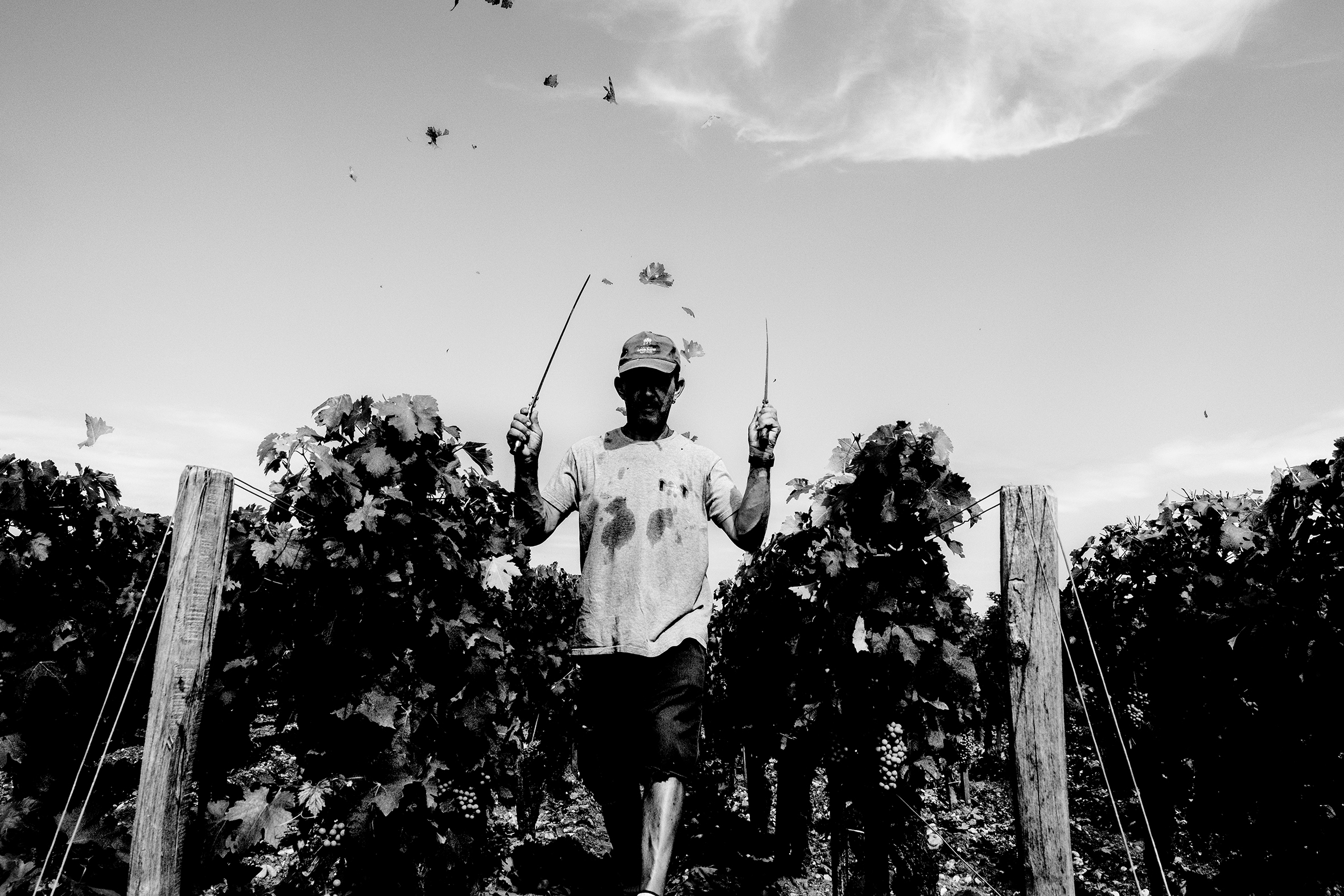
Back at the château, Damien takes me for a tour of the recently remodeled winery.
“Our new cuverie was finished for the 2021 vintage,” Damien says. “It’s a real revolution! With our new winery, we are now able to separate the plots. Langoa was mainly affected by this because it has lots of smaller plots. Before, we had 18 vats of 200 hectoliters. These were very big vessels to use and not always that convenient. Now we have just 10 vats of 200 hectoliters, four of 150 hl, and a collection of smaller vats of 120 hl and 80 hl. The smaller vats are useful for putting the difficult plots aside. We also have so much more precision with the press, which is important since we tend to use a lot of press juice.”
This extra level of precision was clear when tasting the 2022 Léoville Barton earlier this year.
“Consider the hot vintage of 2003,” says Lilian. “Many of the Bordeaux wines from that vintage have gone downhill, whereas our wines remain very drinkable. We’ve never looked for too much extraction. We are very gentle with pumping over. In 2022, there was hardly any pumping over and no délestage (rack and return).”
The heat of the 2022 vintage naturally lent more weight to the wine than is typical, yet this is offset by judicious extraction. And, as demonstrated by the vertical tasting, regardless of the vintage, Léoville Barton purposely maintains its signature poise and freshness, ever the bottle that has fans reaching for more.
-
Article & Reviews by Lisa Perrotti-Brown MW
Photos by Johan Berglund
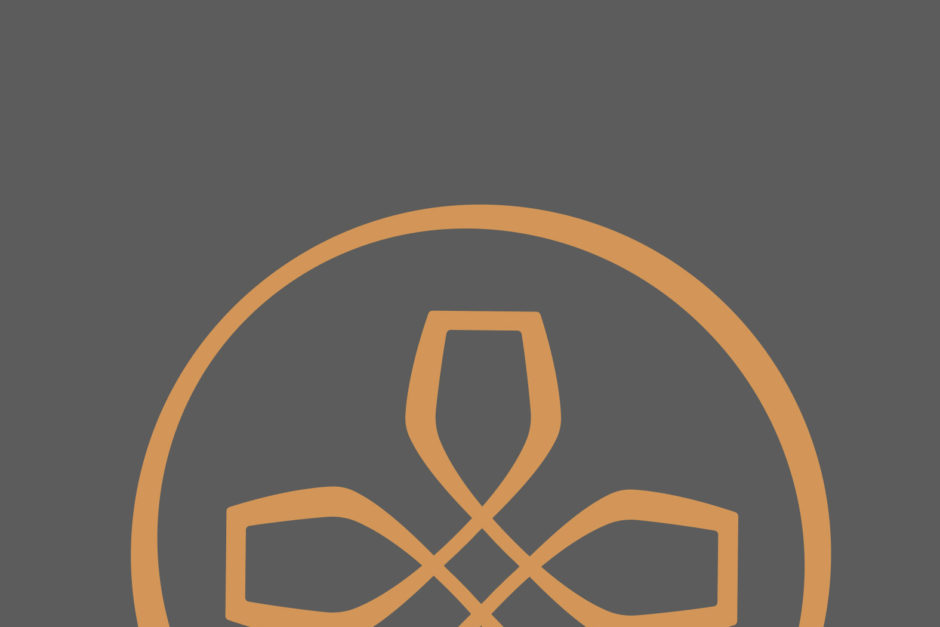
PRODUCERS IN THIS ARTICLE
> Show all wines sorted by scoreMore articles

Bordeaux 2023 Vintage Report and Reviews from Barrel
09th May 2024
649 tasting notes

Cathiard Vineyard New Releases
02nd May 2024
3 tasting notes
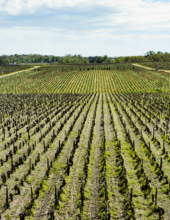
Bordeaux 2023 Preliminary Vintage Report and Reviews from Barrel
29th Apr 2024
56 tasting notes
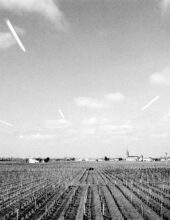
2021 Bordeaux in Bottle and A Modest Proposal
24th Apr 2024
599 tasting notes
Show all articles